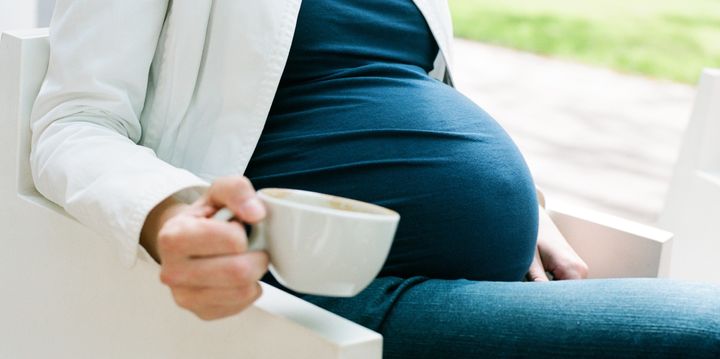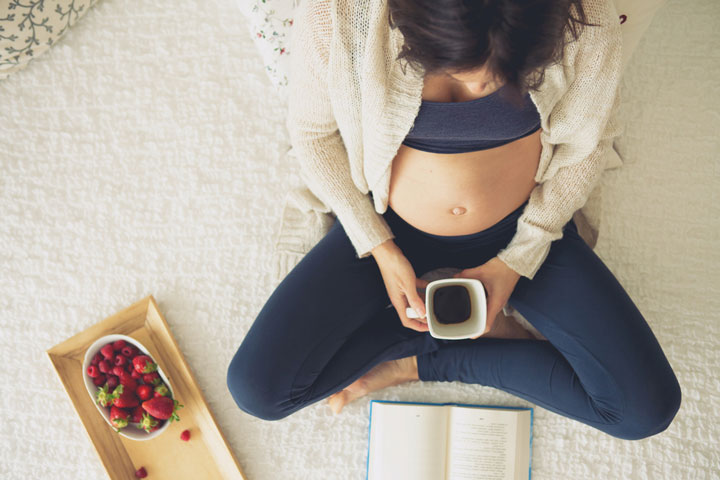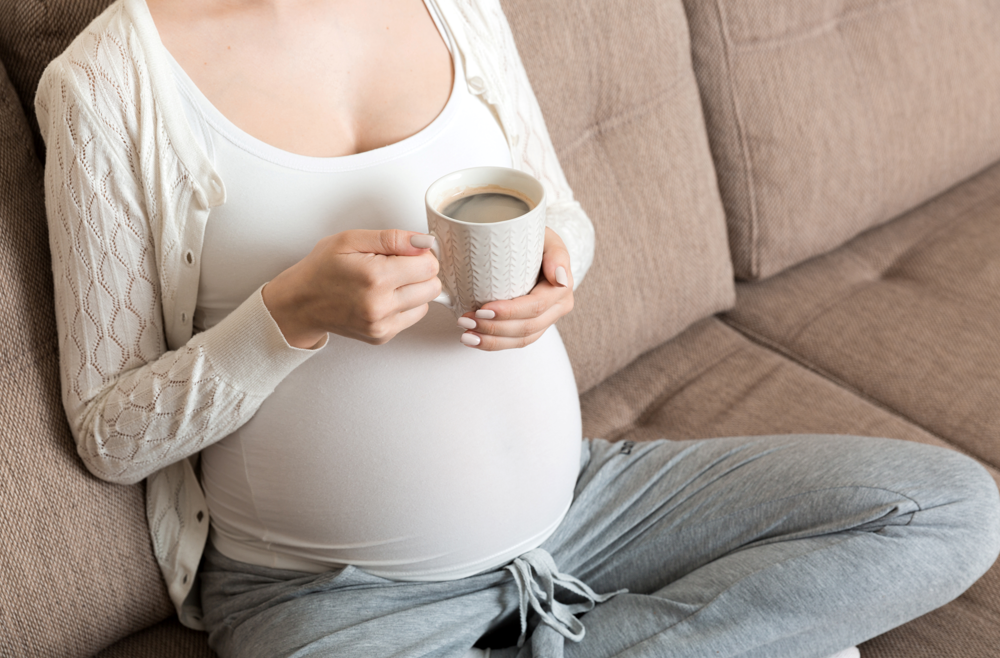One of the major changes you have to make in your life while you’re pregnant includes changing up your diet and avoiding certain things during the nine month period. The biggest things that pregnant women tend to miss include sushi, wine, runny eggs, and of course, caffeine. While it is generally accepted by most medical professionals that drinking a bit of coffee is okay, too much can seriously impact your baby.

Reducing Caffeine Intake During Pregnancy Is Important
According to the American College of Obstetricians and Gynecologists, pregnant women should limit their caffeine intake to less than 200 milligrams a day. That comes out to about a cup and a half of coffee in a day, which seems like a decent amount even for those who absolutely cannot live without coffee.
While it has generally been considered safe for women to consume caffeine during pregnancy, a new study has shown that caffeine consumption can impact children. a JAMA Network Open study studied 1116 mother-child pairs at the Eunice Kennedy Shriver NICHD Fetal Growth Studies-Singletons cohort showed that children that were exposed to small amounts of caffeine before being born tended to be shorter than those who were not exposed to any at all.
The kids whose mothers consumed caffeine before they were born tended to be shorter by age 4 as compared to children whose mothers did not have caffeine while pregnant. By age 8, this gap widened even more according to perinatal epidemiologist Dr. Jessica Gleason, the study’s lead author and research fellow at Eunice Kennedy Shriver National Institute of Child Health and Human Development.
Dr. Gleason shared: “To be clear, these are not huge differences in height, but there are these small differences in height among the children of people who consumed caffeine during pregnancy.”

A New Study Shows That Caffeine Impacts Children’s Height
There was no significant change in BMI or weight found in relation to caffeine consumption, and the study was adjusted for factors like maternal age, parity, race and ethnicity, marital status, smoking status, location, and socioeconomic status.
These differences were more pronounced in children of mothers who drank less than a half of coffee per day while pregnant, which is far before the recommended guideline of 2– milligrams or less.
A good solution for reducing caffeine intake without sacrificing your daily coffee is to switch to decaf. You can add in interesting spices like cinnamon and cacao to make it even more exciting.

Coffee While Pregnant, Yes Or No?








